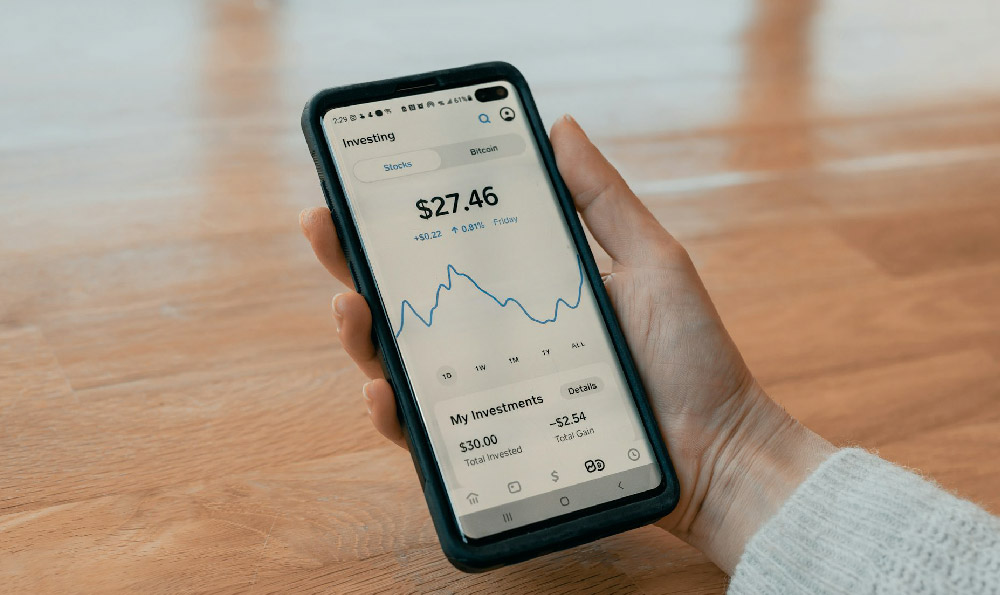Monetizing podcasts has become a compelling avenue for creators to transform their passion into a sustainable income stream in the digital age. With over 150 million active podcast listeners globally, the potential for audience engagement and financial reward is vast. However, success in this space requires a strategic approach that balances content quality with monetization techniques, while also navigating the evolving landscape of digital platforms and advertising models. By leveraging data-driven insights and cultivating a loyal audience base, podcasters can unlock new opportunities to generate revenue online.
The foundation of any profitable podcast lies in its content. Creators must focus on delivering value that resonates with their target demographic, whether it’s educational material, entertainment, or niche expertise. Building a strong content strategy involves identifying a specific vertical or topic that allows for differentiation in a crowded market. For instance, a podcast centered on cryptocurrency trends can attract a dedicated audience while also offering opportunities for affiliate marketing or sponsored content with relevant brands. Consistency is equally vital—regularly scheduled episodes help establish trust and habit, which are key to retaining listeners. Additionally, the quality of the audio and the depth of the insights provided can set a podcast apart from competitors and increase its value proposition.
Monetization in the podcasting industry has evolved beyond traditional methods. While advertising remains a primary revenue source, creators are now exploring diverse models to diversify income. One popular approach is securing sponsorships or brand partnerships, where companies pay for mention or promotion within episodes. These deals often depend on audience demographics and engagement metrics, such as listener retention rates and episode download numbers. Another strategy involves implementing a membership or subscription model, where fans pay a recurring fee for exclusive content, bonus episodes, or early access. The success of such models hinges on the perceived exclusivity and the ability to maintain a loyal audience. Additionally, creators can monetize through affiliate marketing by promoting products or services related to their podcast’s theme and earning commissions on sales generated through unique referral links.

For those seeking long-term growth, analyzing audience data is essential. Tools like podcast analytics platforms, social media metrics, and listener feedback can provide valuable insights into what content performs best and how to refine the approach. Understanding listener behavior patterns, such as peak listening times or preferred episode lengths, allows creators to optimize their publishing schedule. Moreover, identifying key metrics like completed episodes, average session duration, or share rates helps in evaluating the effectiveness of monetization strategies. This data-centric mindset enables creators to make informed decisions while adapting to market demands and audience preferences.
Collaboration with other creators or brands can further amplify revenue potential. Cross-promotion with complementary podcasts allows for shared audiences and increased visibility, which can lead to more sponsorship opportunities. Partnering with brands that align with the podcast’s theme not only provides financial support but also enhances the credibility of the content. For example, a podcast about tech innovation might collaborate with software companies or hardware manufacturers to offer exclusive interviews or product reviews. These partnerships often require a balance between maintaining creative integrity and meeting commercial objectives, ensuring that the audience remains engaged without feeling overwhelmed by advertisements.
Creating a diversified income model is another critical step in monetizing podcasts. Relying on a single revenue stream, such as ads alone, can be risky if the platform’s algorithms change or if sponsorships become scarce. By integrating multiple monetization techniques—such as combining ads, sponsorships, and affiliate marketing—creators can build a more resilient business. For instance, a podcast about personal finance might include ads from financial institutions, sponsorships from budgeting apps, and affiliate links for books or courses. This multi-pronged approach reduces dependency on any single source and provides a buffer against market volatility.
Finally, the importance of brand building cannot be overstated. A strong personal brand or podcast brand can command higher value in sponsorships and collaborations, making it easier to monetize. This involves cultivating a consistent voice, visual identity, and community presence across platforms. Engaging with listeners through social media, email newsletters, or community forums helps foster loyalty, which is crucial for long-term income generation. Moreover, as the podcast grows, creators can leverage it to build a broader media empire, such as launching YouTube channels, writing books, or offering paid workshops. These additional ventures can further expand the income potential while reinforcing the podcast’s value proposition.
The journey of monetizing podcasts is not without challenges, but with careful planning and adaptability, it can become a rewarding endeavor. By focusing on content quality, diversifying monetization techniques, and building a strong brand, creators can turn their podcasts into a viable income source. Additionally, staying informed about industry trends, such as the rise of subscription-based models or the integration of live events, can provide new opportunities for growth. Ultimately, the success of a podcast depends on its ability to deliver value while maintaining a sustainable business model.












